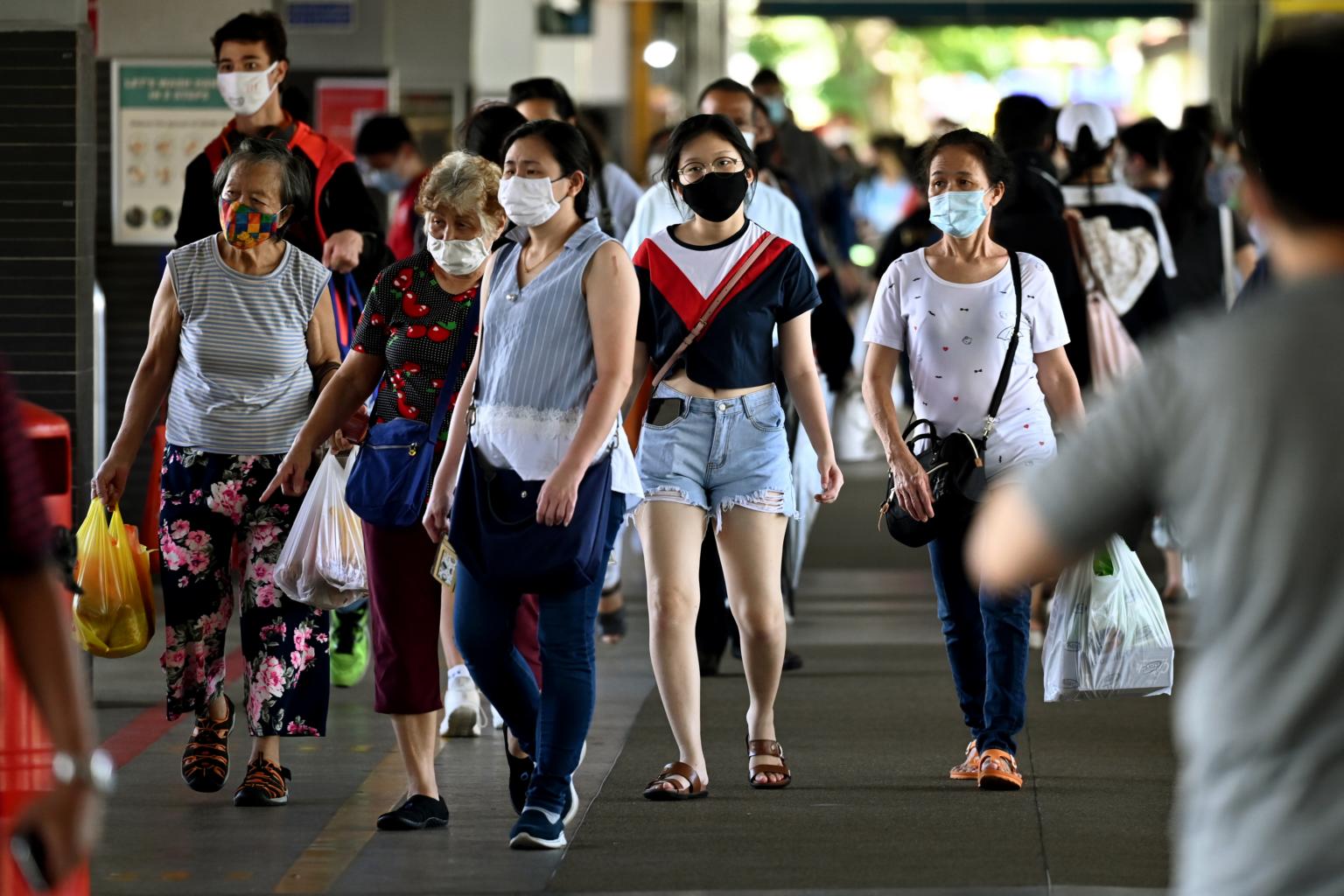Correspondent's take
Addendum to President's Address: Covid-19 crisis underscores need to boost social support
Sign up now: Get ST's newsletters delivered to your inbox

The painful impact of the Covid-19 crisis has underscored the need to speed up some of these policy initiatives.
ST PHOTO: LIM YAOHUI
Social inequality has emerged as an area of concern in recent years, and the Government has made clear its commitment to tackle inequality by broadening educational and training pathways, and improving the coordination and delivery of social support.
But the painful impact of the Covid-19 crisis, which has been felt acutely by vulnerable groups, has underscored the need to speed up some of these policy initiatives.
Plans laid out yesterday by the Ministry of Social and Family Development (MSF) and Ministry of Education (MOE), for the new five-year term of government, reflect the national response to emerging areas of need triggered by the crisis, while maintaining continuity in policies geared at boosting social mobility.
Many low-wage workers have been hit harder than others by the crisis, as they tend to do insecure gig work, or had their work hours cut back. They can expect a helping hand from the MSF, which has promised to review and strengthen social safety nets for the vulnerable.
The assurance of some measure of help is essential in giving this group a sense of stability that would spur them to upgrade their skills and find better job opportunities.
Similarly, the push to equip all secondary school students earlier with electronic devices will help level the playing field in education as well.
The initial MOE target has been brought forward by seven years. This means every secondary school student will have his own laptop or tablet by the end of next year.
With MOE planning to introduce a mix of online and classroom learning in schools from next year, this move will ensure all students are equally equipped to have a smoother experience in transitioning to this new mode of learning. It also helps safeguard against students with fewer resources falling behind their peers.
Yet another positive development is the approach being taken to develop a child in school. The MOE will pay greater attention to taking a more holistic approach in nurturing students, with plans under way to focus more on mental health and cyber-wellness education.
The pandemic has led to a mental health fallout, with this state of uncertainty and flux expected to drag on for the next few years.
Consequently, it is just as important for students to have the emotional resources to cope with the crisis as it is for them to have equitable access to training and job opportunities.
At the same time, these adjustments have not disrupted or delayed longer-term plans.
The SkillsFuture movement will continue to bring more programmes into its fold to help students and workers adapt to new challenges in the job market while the well-received KidStart and Uplift initiatives that help disadvantaged children and students will be reinforced to provide tailored help.
But new areas of need could still emerge, requiring yet more interventions to help Singapore recover from the crisis. The MSF also acknowledges this, saying the Government will consider whether to make structural changes to social policies.
The need for new policies and schemes to be effective cannot be overemphasised. One way is to create avenues for the authorities to hear directly from vulnerable groups on the types of aid that would be useful to them.
Also, it is vital for Singaporeans and the Government to continue to work together to pilot new approaches to tackling the unprecedented crisis.


